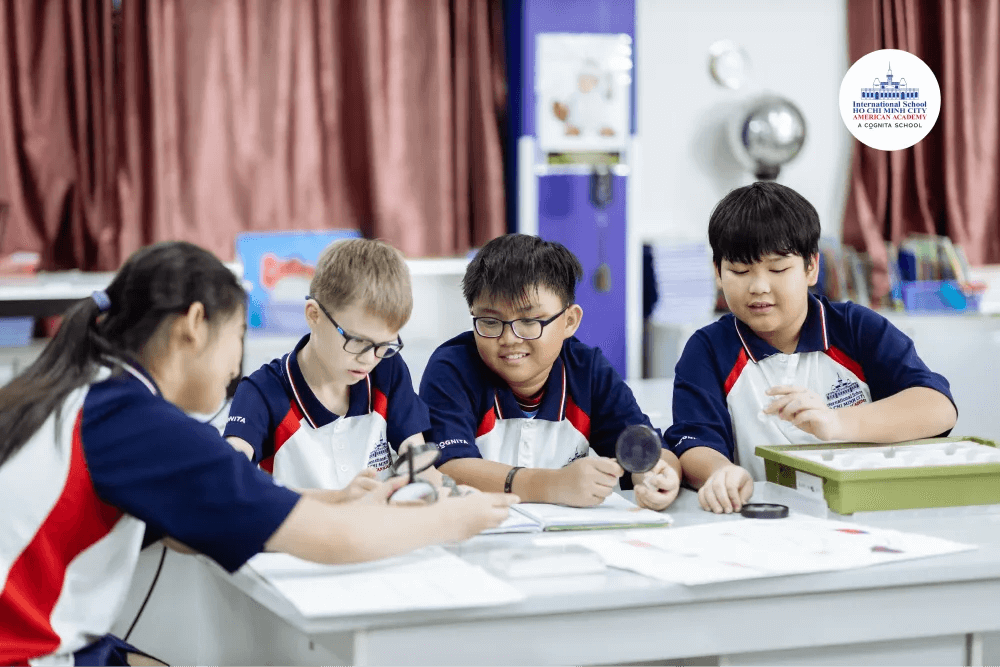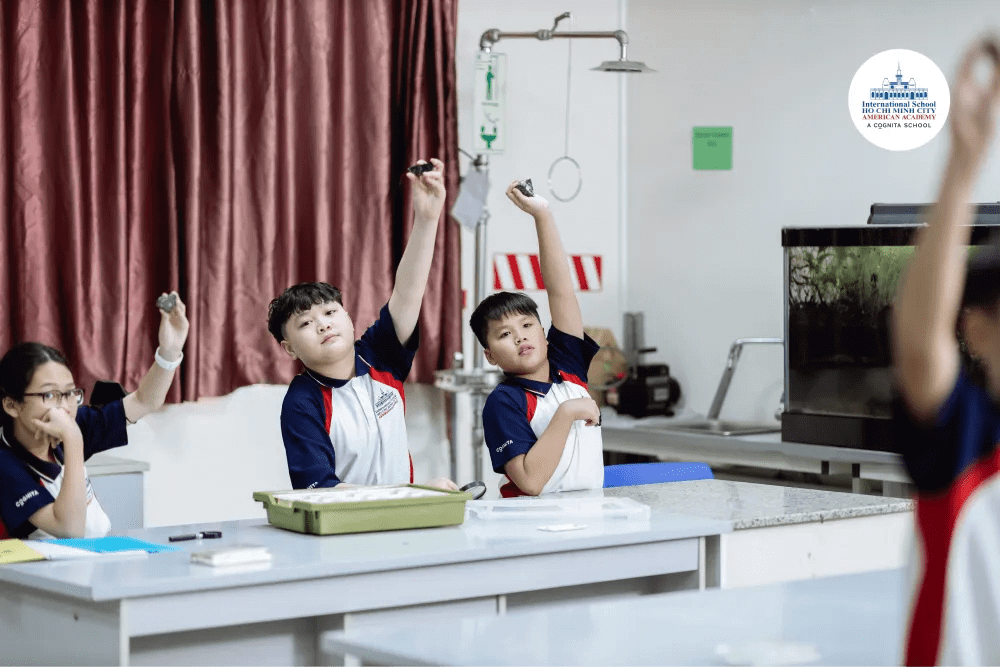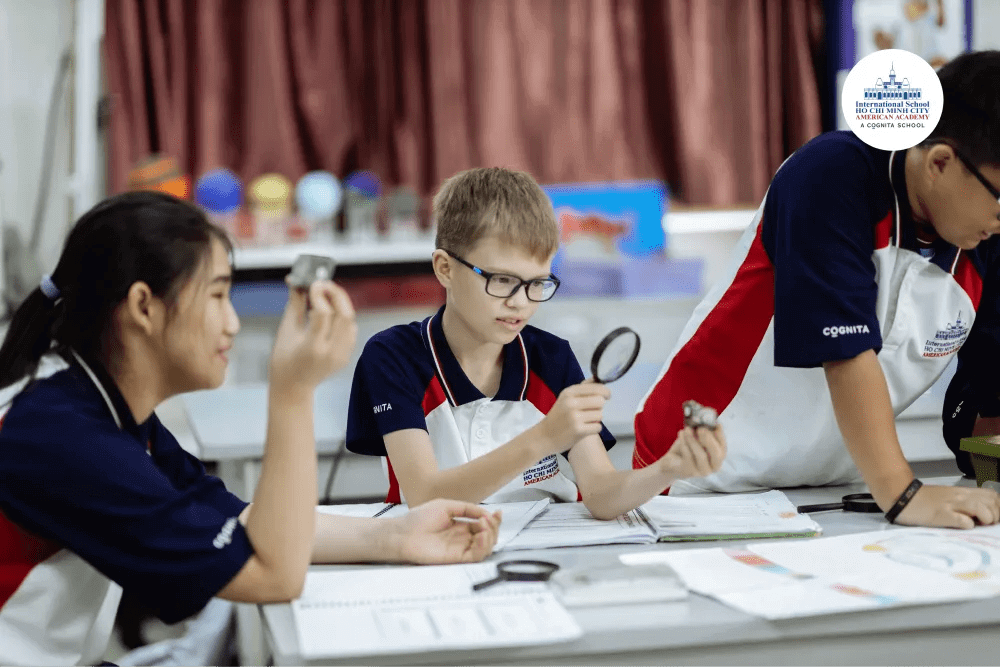Individual learning meets each student’s unique needs, fostering personal growth. This article explores various individual learning strategies that enable students to take full charge of their educational journey. By implementing these strategies, educators can help students reach their full potential and set them on the path to success.
What is Individual Learning?
Individual learning, or individualized learning, is a learning method where students set their own goals, progress at their own pace, and use tailored resources. This approach requires teachers to understand students’ learning needs and provide guidance and feedback.
Importance of Individual Learning
Individual learning ensures equal opportunities by clearly outlining expectations and success criteria, regardless of their background. This approach is especially important for students lacking academic support, as it helps define expectations to ensure every learner has a chance to succeed.
Furthermore, individual learning encourages the development of self-study and time-management skills, which are crucial for academic success. These skills also promote independence, resilience, and adaptability, enabling students to navigate challenges more effectively.
Different learning styles
Different personality traits affect students’ approaches with diverse individualized learning styles:
- Visual (spatial) learners like to use images, pictures, and spatial understanding to grasp concepts.
- Aural (auditory-musical) students thrive on sound and music.
- Verbal (linguistic) learners love using words, both in writing and speech.
- Physical (kinesthetic) learners perform best when using their hands, body, or sense of touch.
- Logical (mathematical) learners prefer using reasoning, logic, and systems.
- Social (interpersonal) individuals benefit from group interactions. Between group learning vs individual learning, they go for the former method.
- Solitary (intrapersonal) learners benefit from independent study and self-reflection.
Effective Individual Learning Strategies
Teachers can maximize student potential by highlighting the advantages of individualized learning. These seven best practices can ensure each student receives tailored support to meet their unique learning needs.
- Setting Clear Goals: An individual learning plan allows students to set meaningful goals using evidence-based data. The goals should follow the SMART (Specific, Measurable, Attainable, Relevant, and Timely) format to enhance student motivation and success. This structured approach helps students clearly define their objectives, track their progress, and remain focused on achieving their targets.
- Creating Learning Paths: Individualized learning paths are one of the most significant differences between collaborative learning vs individual learning. Students determine their own learning curve to optimize their learning experience. Educators can help by creating personalized schedules and designing specific activities to optimize students’ learning journey.
- Utilizing Diverse Learning Resources: Educators can address different learning styles by providing a wide range of learning resources such as videos, texts, and hands-on activities. This strategy highlights the advantages of individual learning, as it helps students engage with knowledge in ways that best suit their strengths and preferences. By combining various types of resources, educators create a more engaging learning environment that motivates students and keeps them involved in their educational journey.

- Setting Criteria for Progressing: Another difference between group vs individual learning is the level of self-directed progression. In individual learning, students can visualize their progress with defined criteria and decide when to move on to the next achievement. Educators can also determine when to intervene if a student struggles with a particular benchmark. Each student can advance at their own pace, encouraging a deep understanding of the material and ensuring that they receive support precisely when needed.
- Providing Assessment Options: Students can choose how they demonstrate their achievements with an individualised learning plan. Authentic assessments, such as teacher observations, essays, portfolios, and self-evaluations, cater to diverse preferences. Choosing an accurate measure of their progression allows students to reflect on their unique strengths and learning styles.
- Planning to Provide Support: Students require different levels of assistance. While some may advance through the curriculum with minimal intervention, others need more frequent and tailored support to develop skills and make progress. By addressing their requirements, educators can ensure that all students receive the appropriate guidance to succeed.
- Applying Adaptable Educational Settings: Educators can accelerate their students’ academic progress by optimizing the physical classroom layout to support individualized learning. A flexible environment helps students move freely, access necessary resources, and seek guidance from peers or teachers when needed. Educators can also provide space for small group instruction to offer targeted support.

Invest in Your Child’s Future at ISHCMC-American Academy
ISHCMC – American Academy supports students by providing a structured framework for their educational journey through clear future directions and flexible learning environments. Our courses cover a wide variety of classes that ensure each student’s path aligns with their career aspirations and academic interests. We aim to accommodate diverse individual learning needs, offering students various learning opportunities.
To explore how ISHCMC – American Academy keeps students engaged in their tailored learning experiences, apply today! Our programs can help your children achieve their academic goals and prepare them for future success!






